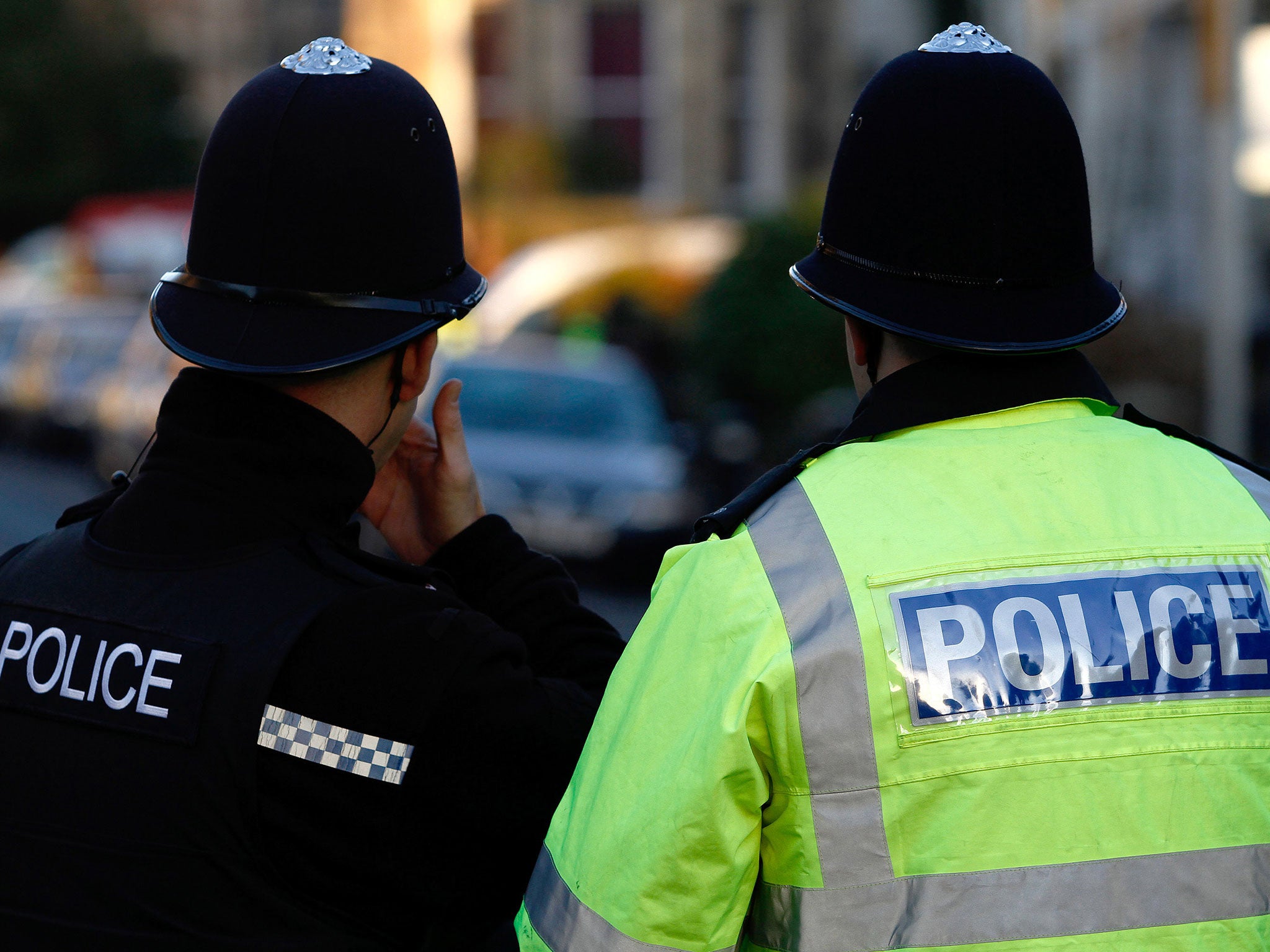As a gay black ex-detective, this is what I think when I'm asked if black people should join the police
Within a matter of weeks of joining, I was called a “coconut” (a term that suggests someone is “black on the outside but white on the inside”.) And often I was used as a “buffer” to stop people who looked just like me


Your support helps us to tell the story
From reproductive rights to climate change to Big Tech, The Independent is on the ground when the story is developing. Whether it's investigating the financials of Elon Musk's pro-Trump PAC or producing our latest documentary, 'The A Word', which shines a light on the American women fighting for reproductive rights, we know how important it is to parse out the facts from the messaging.
At such a critical moment in US history, we need reporters on the ground. Your donation allows us to keep sending journalists to speak to both sides of the story.
The Independent is trusted by Americans across the entire political spectrum. And unlike many other quality news outlets, we choose not to lock Americans out of our reporting and analysis with paywalls. We believe quality journalism should be available to everyone, paid for by those who can afford it.
Your support makes all the difference.Since the age of five in Liverpool, all I dreamed of was becoming a policeman. Two decades later after service in two cadets forces and university in Manchester, I joined the local police. For a black gay man, it may seem like a strange choice.
Why strange? Well, it’s no secret that the police force has a problem with diversity. Week by week, another report comes out claiming that the force is failing in that area, especially with race. Today it’s been claimed that Cleveland constabulary used their anti-terror powers to spy on officers who were whistle-blowing about racism.
In the last few weeks I’ve heard some black people calling for others not to join, an effective boycott of the police. Is it wise? Is it understandable? As a former detective who has served in two of Britain’s biggest forces, I am often asked whether I would encourage other black people to join. I’m not entirely sure what to say.
Joining the police was a steep learning curve for me, marking when I first became fully aware of my race and of racism as a concept. Within a matter of weeks of joining, I was called a “coconut” (a term that suggests someone is “black on the outside but white on the inside”.) And often I was used as a “buffer” to stop people who looked just like me.
I challenged the discrimination against me after years, and was then described by the police as everything from “aggressive”, to “sensitive”, to having a “chip on my shoulder”, all because I dared to challenge the status quo. They couldn’t make their minds up how to label me, but I’d already heard all the usual stereotypes of black people in the force from “lazy’ to “incompetent”, so I was well prepared. There have been numerous racism cases after mine, such as those of PC Carol Howard and, recently, DC Paul Bailey. They highlight the fact that systemic racism is an ongoing problem for the force.
A recent report found that black people who do want to join the police are more likely to be rejected for a job than white applicants – and then we wonder why there is a lack of colour. In London, the Met is 90 per cent white, but polices a capital city that is 40 per cent non-white. For black officers serving, progressing is another issue, with many overlooked for promotion. At present, eleven of the forces have no officers from ethnic minorities above the rank of chief inspector.
And then there’s the subject of retention, the police not being able to keep hold of the black staff it already has, which is not that many. Worryingly, black people are leaving the force as quickly as they are joining.
It was only in October that the Home Secretary Theresa May criticised the police about the dismal number of Black, Asian and Minority Ethnic staff along with disproportionate stop and search figures. In most forces, a black person is more likely to be stopped and searched by the police than their white counterpart. In Dorset alone, this rate is 17.5 times more likely. For many thinking of applying, ‘stop and search’ is often their first interaction with the police.
So, the next time you think of asking me why more black people don’t join the police force, I have a question too: if you were black, would you?
Join our commenting forum
Join thought-provoking conversations, follow other Independent readers and see their replies
Comments